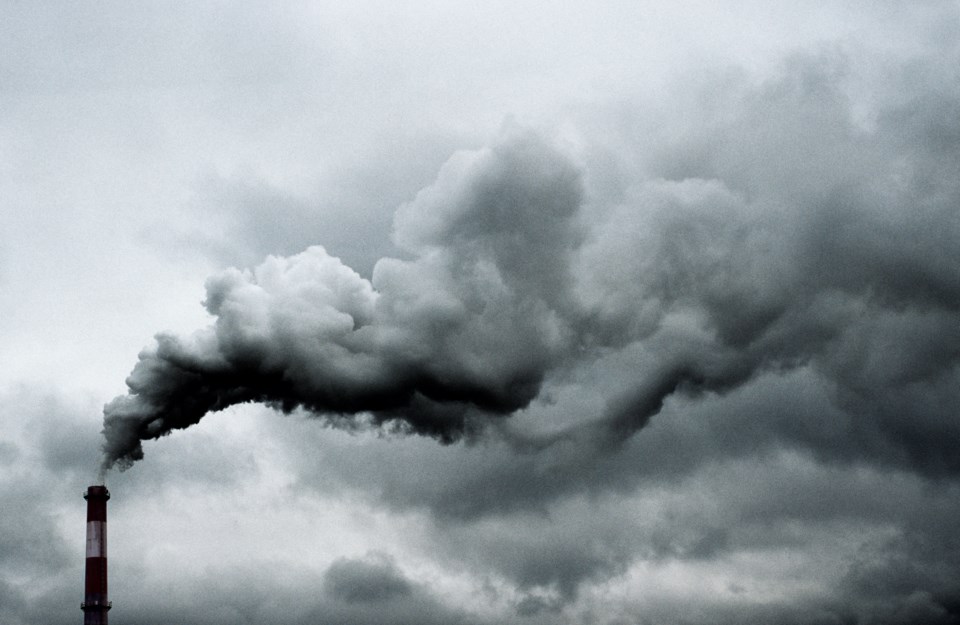Carbon pollution? Or is it greenhouse gas emissions?
Since the Industrial Revolution, humanity has burned enough fossil fuels to boost global atmospheric carbon dioxide levels by roughly 50 per cent.
That puts CO2 levels higher than at any time during the last 800,000 years — the stretch of time scientists have been able to recover detailed atmospheric records in the form of air bubbles trapped in ice shelves.
The numbers are clear, but how scientists and policymakers can best communicate that fundamental shift in the planet’s climate system has been the source of endless debate.
A recent Yale University study involving nearly 3,000 U.S. participants tested how people responded to colloquial language used to describe the gases responsible for climate change.
The study, published in the journal Environmental Communication, presented respondents with three choices: greenhouse gas emissions, carbon emissions, and carbon pollution.
“We found that the terms ‘carbon pollution’ and ‘carbon emissions’ are more strongly associated than the term ‘greenhouse gas emissions’ with harm to human health, the environment, and poor air quality,” said lead author Francis Commercon of Yale University in a tweet Tuesday.
More specifically, “carbon pollution” evoked more negative images of harm, whereas “carbon emissions” evoked images of fossil fuels, pollution and cars.
“Greenhouse gas emissions,” meanwhile, was associated with more positive or neutral images, such as gardening and plants.
The results suggest that “carbon emissions” and “carbon pollution” are stronger terms than “greenhouse gas emissions” when it comes to communicating the causes and impacts of climate change, noted the researchers in a press release this week.
The report suggested communicators use the evidence to tailor language to the public when trying to gain public support for emissions reduction policies. For audiences who see poor air quality as more threatening than climate change, "carbon pollution" might be a better way to convey information, concluded the study.
And while the term “greenhouse gas emissions” was not as strongly associated with fossil fuel combustion, it does include non-carbon compounds like nitrous oxide — which also causes climate change — and so is probably better suited for scientific and technical discussions, added the authors.
The researchers also warned their results were limited to the United States, and called for their work to be repeated in other countries.




